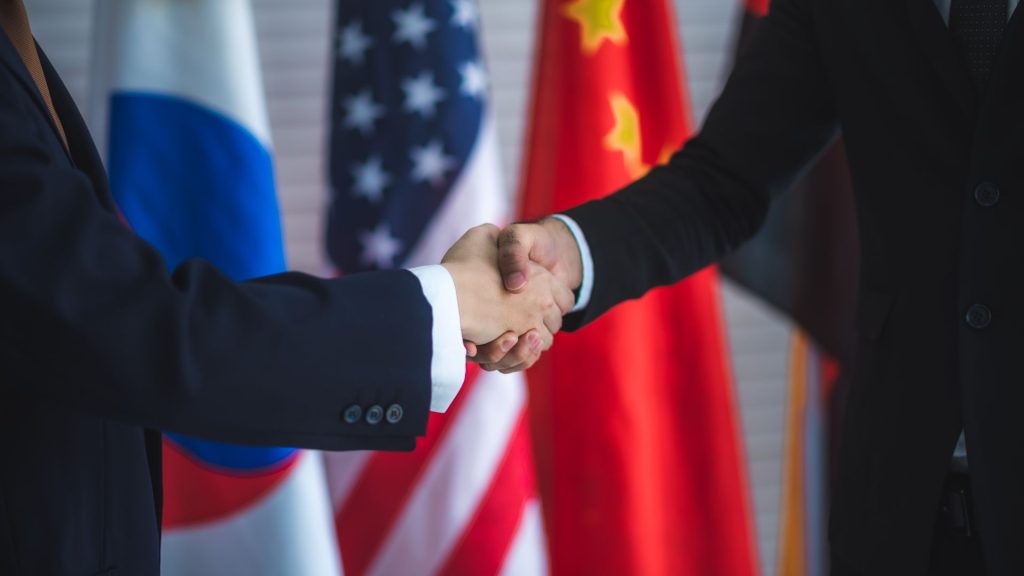International trade facilitators play a critical role in ensuring smooth and legitimate transactions, but they must remain vigilant to prevent their platforms from being exploited for trade-based money laundering and terrorist financing activities.
The competent authorities should consider routine engagement with the below-mentioned international trade facilitators to share information and risk indicators to better educate them about trade-based money laundering and terrorist financing or TBML/TF schemes.
Below are some important business formations, which usually play significant roles in the trade transactions and process, including documentation, and clearance.
International Trade Facilitators
Shell Companies:
The exploitation of shell companies became a key part of many different types of trade-based money laundering (TBML) activities, as well as facilitating a significant number of predicate offenses.
While there is often a significant intersection between TBML and Terrorist Financing (TF) schemes and the exploitation of shell or front companies, they do not feature in all TBML/TF schemes, especially those involving the exploitation of supply chains. Some criminals and terrorists establish their TBML schemes around the shell companies and them as part of the financial system, and they hide the identity of the ultimate beneficial owner. The front companies offer convenient trade business opportunities and integrate physical cash into a business to exploit banking channels and move illegal funds in different jurisdictions.
Freight Forwarders:
Freight forwarders play a very important role in facilitating the shipment of goods, by helping the buyers and sellers. They navigate the complex customs and shipping routines and processes. They act as subject matter experts in determining the efficient transportation modes to move the goods, which can incorporate multiple shipments.
The freight forwarders may access and review relevant trade documentation which might contain indications of TBML, including:
1 Commercial invoices: The invoice must be authentic. Although there is no standardized format, the invoice must include the parties involved in the trade transaction, the goods involved and transported, and the recognized commodity description and codes. A commercial invoice should be appropriately authorized.
2 The bill of lading: It is a document that is issued by a carrier, or an agent, to acknowledge receipt of cargo for shipment. It serves as a conclusive receipt, acknowledging goods have been loaded. It contains the terms of the contract and also serves as a document of title to the goods. It confers title over the goods to the consignee whose name is mentioned or the lawful holder.
Custom Brokers:
The customs brokers, affiliated with freight forwarders or independent, do the import and export of goods, and they facilitate the clearance of goods through customs. The customs broker may work with importers to check whether the required trade documentation or licenses are arranged, and they ensure the payment of correct duties and taxes.
The services of custom brokers may include any or all of the following:
Checking the classification and valuation of goods, ensuring the right commodity codes are used.
Liaising with government agencies and customs authorities.
Advising on any necessary licenses for the import of restricted or hazardous goods.
Helping arrange correct payment of import duties and VAT as necessary
Final Thoughts
Fostering collaboration and knowledge sharing between competent authorities and trade facilitators is crucial in combating trade-based money laundering (TBML) and terrorist financing (TF). By engaging with entities such as shell companies, freight forwarders, and customs brokers, authorities can enhance their understanding of TBML/TF schemes and provide them with the necessary tools to identify and address suspicious activities. This collaborative approach strengthens the global financial system’s resilience and contributes to the prevention of illicit financial flows. Together, we can create a more secure environment for international trade.




